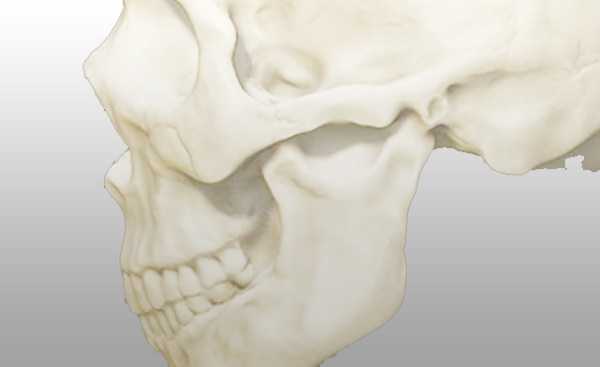TETANUS: The lockjaw disease creating controversy

The government’s initiative to vaccinate women against tetanus is a clear indication that the disease needs to be controlled. The on-going tetanus immunisation campaign has been received with uncertainty with the Catholic Church dismissing it as a sterilisation tactic. However, research conducted by both government and the Catholic Church shows the vaccine is safe. Read on to understand facts about the disease and vital information that will help you avoid contracting it.
Two Italian scientists, Antonio Carle and Giorgio Rattone, first discovered tetanus in late 19th century. They were the first people to demonstrate the transmissibility of tetanus. They produced tetanus in rabbits by injecting them with pus from a fatal human tetanus case. In1924, Pierre Descombey developed the immunisation to protect people against tetanus.
Tetanus, also known as “lockjaw disease”, is an acute communicable disease that is commonly associated with improperly cleaned deep wound. Toxins produced by bacteria known as clostridium tetani cause the disease. These bacteria are found in soil, dust and animal faeces. When these bacteria enter a deep flesh wound, spores of the bacteria may produce a powerful toxin, tetanospasmin, which actively impairs your motor neurons, the nerves that control your muscles. The effect of the toxin on your motor neurons can cause muscle stiffness and painful contractions especially of your jaw and neck muscles.
Tetanus can interfere with your ability to breathe and ultimately threaten your life, explaining why nobody would like to be a victim. The symptoms of tetanus may appear anytime from three to 21days after tetanus bacteria enter your body through a wound and that is why you are advised to get a tetanus jab when you get deep wounds.
Types of tetanus
There are four different forms of tetanus based on clinical findings:
Generalised tetanus is the most common type representing about 80 per cent of cases. The first sign is a locked jaw, and the facial spasms called risus spasm that produces a grin on your face. This is followed by stiffness of the neck, difficulty in swallowing, and rigidity of chest muscles.
Neonatal tetanus usually occurs in newborns born to unvaccinated mothers. It is as a result of infection of the unhealed umbilical stump, especially when the stump is cut with a non-sterile instrument. Expectant women must be vaccinated against tetanus as infants acquire passive immunity and are thus protected.
Local tetanus is the uncommon form of tetanus in which patients have persistent contraction of muscles in the same area as the injury. The contractions may persist for many weeks before gradually subsiding. Local tetanus is generally milder, but it may precede the onset of generalised tetanus.
Cephalic tetanus is yet another rare form of the disease, occasionally occurring with ear infections in which clostridium tetaniis present in the flora of the middle ear, or following injuries to the head.
Common signs and symptoms of tetanus
Tetanus symptoms are varied depending on the extent of the infection and the body part that is affected. They appear in the following order:
Continuous contractions in your jaw muscles that renders the jaw immobile.
A stiff, bowed or arched body because of the lower back muscles contractions
Stiffness of neck muscles
Difficulty in swallowing and breathing
Painful body contractions lasting several minutes, typically triggered by minor occurrences, such as a breeze, loud noise, physical touch or light
Fever and sweating
Elevated blood pressure due to rapid heart rate
Managing locked jaws
According to the World Health Organisation, a million cases of tetanus occur in the world on an annual basis. Worry not if you were to contract because it can be managed through medication but failure to seek medical help can be fatal.
Treatment focuses on managing complications until the effects of the tetanus toxin resolve. Your doctor may give you a tetanus antitoxin. However, the antitoxin can only neutralise toxin that has not been bonded to nerve tissue. Your doctor may also give you antibiotics, either orally or by injection, to fight tetanus bacteria. Doctors generally use powerful sedatives to control muscle spasms. Other medications, such as magnesium sulfate and beta-blockers are prescribed to regulate involuntary muscle activity like rapid heartbeat and breathing.
(In Box)
Expert Advice
Immunisation against tetanus at infancy has been found to reduce one’s chances of infection. This doesn’t make you immune to the bacteria, as you’ll need to receive a tetanus vaccine booster after every 10 years.
Published in February 2015




